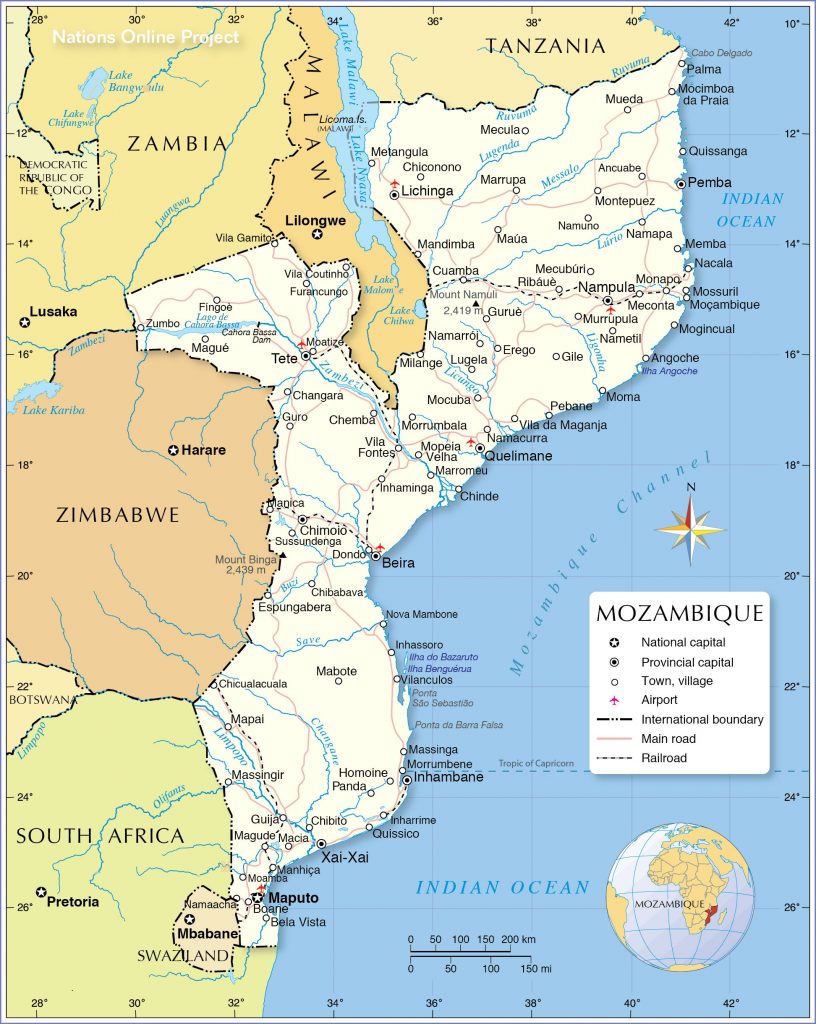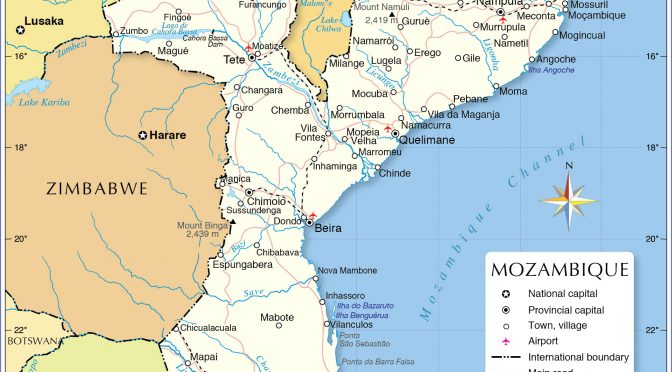Mozambique, a country located in southeastern Africa, is well known for its stunning coastline, rich culture, and diverse wildlife. However, the nation is also becoming increasingly recognized for its potential to become a leader in the renewable energy sector, particularly in the field of wind energy. With its vast coastline and favorable wind conditions, Mozambique has the potential to harness the power of the wind to generate clean, sustainable energy for its growing population and contribute to the global fight against climate change.
In recent years, the Mozambican government has made significant strides in promoting the development of renewable energy sources, with a particular focus on wind energy. The country’s National Energy Strategy (2018-2043) outlines ambitious targets for increasing the share of renewable energy in the national energy mix, aiming to achieve 100% access to electricity by 2030. This commitment to clean energy development has attracted the attention of international investors and renewable energy companies, who see Mozambique as a promising market for wind energy projects.
One of the key factors contributing to Mozambique’s potential for wind energy development is its favorable wind conditions. The country’s coastline stretches over 2,500 kilometers, providing ample opportunities for the installation of wind turbines. Additionally, the country experiences consistent wind speeds, particularly in the southern and central regions, which are ideal for generating wind power. According to a study conducted by the World Bank, Mozambique has the potential to generate up to 5,000 megawatts (MW) of wind energy, which would be enough to power millions of homes and businesses.
The development of wind energy in Mozambique also offers significant socio-economic benefits for the country. Currently, only around 30% of the population has access to electricity, with the majority of those living in rural areas relying on traditional biomass sources for their energy needs. By investing in wind energy infrastructure, the government can help to bridge the energy access gap and improve the quality of life for millions of Mozambicans. Moreover, the construction and operation of wind farms can create much-needed jobs and stimulate local economies, particularly in rural areas where unemployment rates are high.
In addition to the domestic benefits, the expansion of wind energy in Mozambique can also contribute to global efforts to combat climate change. As a signatory to the Paris Agreement, Mozambique has committed to reducing its greenhouse gas emissions and transitioning to a low-carbon economy. By investing in wind energy, the country can reduce its reliance on fossil fuels and decrease its carbon footprint, while also demonstrating leadership in the global fight against climate change.
Despite the promising potential for wind energy in Mozambique, there are still several challenges that need to be addressed in order to fully realize this potential. One of the main barriers is the lack of a comprehensive regulatory framework for the renewable energy sector, which can create uncertainty for investors and developers. Additionally, the country’s limited infrastructure and grid capacity can pose challenges for the integration of large-scale wind energy projects.
However, the Mozambican government is taking steps to address these challenges and create a more favorable environment for wind energy development. In 2020, the government launched the National Renewable Energy Atlas, which provides detailed information on the country’s renewable energy resources and potential sites for wind energy projects. This initiative, along with ongoing efforts to improve the regulatory framework and invest in grid infrastructure, is expected to pave the way for a bright future for wind energy in Mozambique.
In conclusion, Mozambique’s abundant wind resources, coupled with its commitment to clean energy development, make it a promising market for wind energy projects. By harnessing the power of the wind, the country can not only improve the lives of its citizens but also contribute to global efforts to combat climate change. With continued support from the government and international partners, the future of wind energy in Mozambique looks bright indeed.


